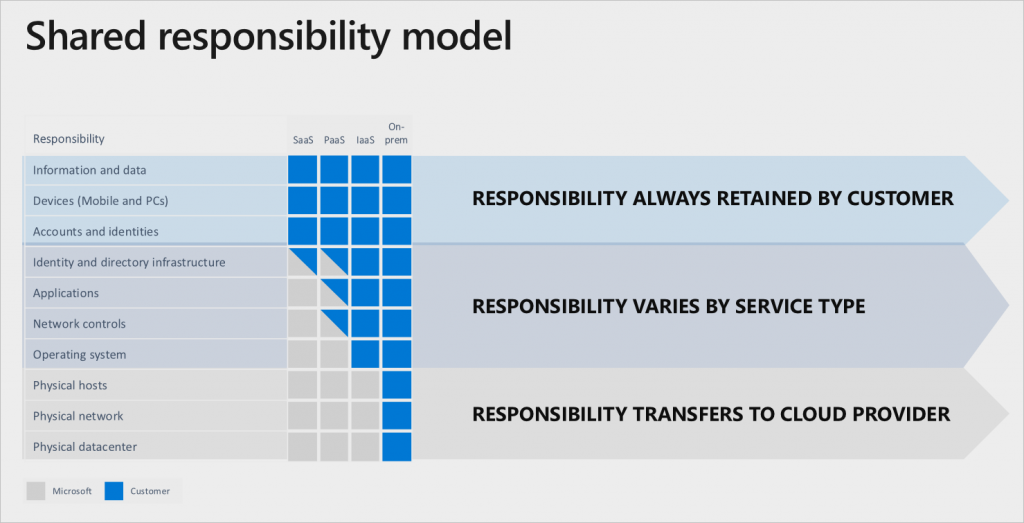Your business relies on technology to operate—so you likely understand the effort required to keep that technology efficient, secure, and affordable.
Enterprises need storage for their data, physical hardware so their team members can work, networking so people at the company can connect to the Internet and each other, security to protect business data from security risks, and a whole lot more.
Fortunately, you can rely on others to manage all of that technology for you. Both data centers and managed IT companies specialize in exactly that. But how are they different, and which is best for you? We’ll answer those questions and more below.
What is a Data Center?
A data center is a physical structure that houses and protects company data. Because data centers specialize in physical data protection, they have state-of-the-art storage and security equipment.
In fact, a data center is most useful to businesses that are trying to improve cybersecurity. Unlike other IT management companies, data centers can offer both physical and virtual protection. Your confidential information will be safeguarded against hackers, natural disasters, disgruntled employees, and any other threat that your data would face in your own company’s office.
What is a Managed IT Company?
A managed IT company offers services like cybersecurity, voice solutions, networking management, and more to help make a business’ tech operations run more smoothly. Managed IT companies don’t solely focus on fixes—they’re not only going to come around to fix a broken computer or buggy software.
Your company will benefit from a managed IT company if you need a wide array of IT services. You can expect fewer cybersecurity offerings here than from a data center, so consider your level of security needs to help decide between a managed IT company and a data center.
The Differences Between a Data Center and a Managed IT Company
- A Data Center is Offsite: Data centers store all of your information in equipment that is remote, away from your office. This ensures the safety and security of the physical devices where your information is stored, and also relies on advanced virtual security so you’re not at risk of any cyber threats. Managed IT companies come to your business’s premises and work on your equipment. Having your data in your own office makes it more vulnerable to hackers.
- Backups Are Easier With Data Centers: With the infrastructure of a data center, backups are easier since they have space, know-how, and capacity. If you rely on managed IT for backups, you’ll still be backing up to equipment in your office–and if there’s an issue with that equipment, you can lose your data, and it may not be able to be recovered.
Choose Nuvek for Ultimate Data Protection
If you are looking for an Idaho data center, consider Nuvek. We are a data center based in Pocatello but offer customized IT support for enterprises across the state and the region.
Nuvek excels at complete network management, as well as providing world-class tools like cloud hosting and backup, remote systems monitoring, reporting, and much more.
We are one of the first regional Idaho data centers, which means that all of your cloud-based data is stored and protected at their headquarters with a firewall that is updated hourly. You can rest assured your data is always safe, and also know that help is on-hand when you need guidance with any IT issue.
Reach out to Nuvek today to learn more about how we can help your business improve and update your technological processes.










